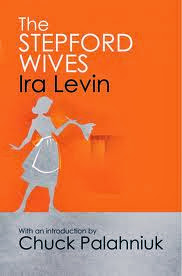
I was vaguely aware of the concept of this novel, but not more, so when my colleague recommended it to me I primarily read it because the price was right: 48p on Amazon. Sweet. It turns out to be a fabulous page turner, transforming an ordinary suburban environment into something creepy and awful.
The story begins with a woman, Joanna, moving with her husband and two children to the suburbs. She is initially rather taken aback to find out that the women in the town seem rather dull, completely focused on domestic affairs and the comfort of their husbands. Then she meets two new female friends, who are fun and independent. Here’s the first meeting with one of them, Bobby:
“What a pleasure to see a messy kitchen!” Bobby said. “It doesn’t quite come up to mine – you don’t have the little peanut butter handprints on the cabinets – but it’s good, it’s very good. Congratulations.”
“I can show you some dull dingy bathrooms if you like,” Joanna said.
One of her new friends spends a weekend alone with her husband, and after this is suddenly changed: she is discovered cleaning, and asks her friends immediately what brand of oven cleaner they prefer, apparently without irony. Joanna’s other new friend, Bobby, starts to panic – it’s her view that there is something in the water affecting all the women. Joanna laughs at this idea, but after her Bobby suddenly changes after a weekend away – suddenly appearing genuinely interested in detergent – Joanna becomes afraid too. Her husband meanwhile begins to complain that she could be wearing more lipstick. It’s a tribute to Levin that I can’t begin to tell you how deeply ominous this feels.
The husband has been spending a lot of time at the local Mens Association, working on the ‘Christmas Toys’ project, and Johanna eventually begins to suspect that – SPOILER ALERT – all the women have been replaced with better looking, more obedient, robots. I won’t tell you how it ends, but it’s a thriller.
This is just a great little book. It transforms an ordinary environment into a terrible one, and is remarkably neatly structured and economically written. Best 48p ever spent.

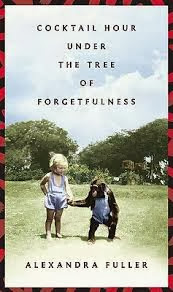
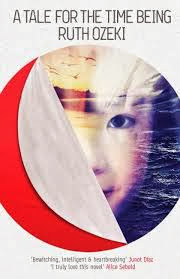
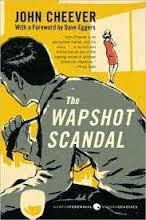


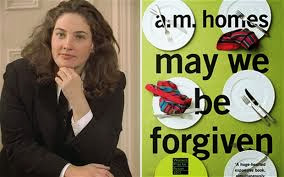

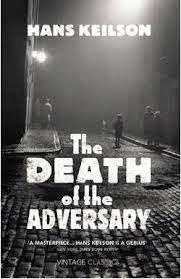
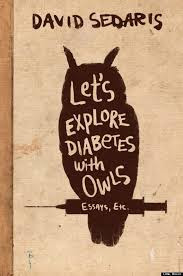 Regular readers of this blog may recall the period in which I was not sleeping, and so I took to my Sedaris. I started with a large print copy of WHEN YOU ARE ENGULFED IN FLAMES, which someone gave me, and then moved through all sorts of other Sedaris, from SANTALAND DIARIES to DRESS YOUR FAMILY IN CORDUROY AND DENIM. I decided recently to try LET’S EXPLORE DIABETES WITH OWLS, his latest, and OH DEAR. On my Kindle, if you go MENU – VIEW NOTES AND MARKS – the damning statement comes up: THERE ARE NO NOTES OR MARKS. David! What’s gone wrong! The master of the witty phrase and killing insight! Here’s what I think. His other stories were about his drug addicted, waster youth, and his messed up family. They were thus charming and comforting. Now, what does he have to write about? How he’s a best selling novelist? How he stays in chic hotels? How he has a stable relationship? I don’t think there’s any writer that could turn that kind of happy success into interesting material. However, I have hope. If he keeps writing like this he won’t be successful for too much longer . .
Regular readers of this blog may recall the period in which I was not sleeping, and so I took to my Sedaris. I started with a large print copy of WHEN YOU ARE ENGULFED IN FLAMES, which someone gave me, and then moved through all sorts of other Sedaris, from SANTALAND DIARIES to DRESS YOUR FAMILY IN CORDUROY AND DENIM. I decided recently to try LET’S EXPLORE DIABETES WITH OWLS, his latest, and OH DEAR. On my Kindle, if you go MENU – VIEW NOTES AND MARKS – the damning statement comes up: THERE ARE NO NOTES OR MARKS. David! What’s gone wrong! The master of the witty phrase and killing insight! Here’s what I think. His other stories were about his drug addicted, waster youth, and his messed up family. They were thus charming and comforting. Now, what does he have to write about? How he’s a best selling novelist? How he stays in chic hotels? How he has a stable relationship? I don’t think there’s any writer that could turn that kind of happy success into interesting material. However, I have hope. If he keeps writing like this he won’t be successful for too much longer . .